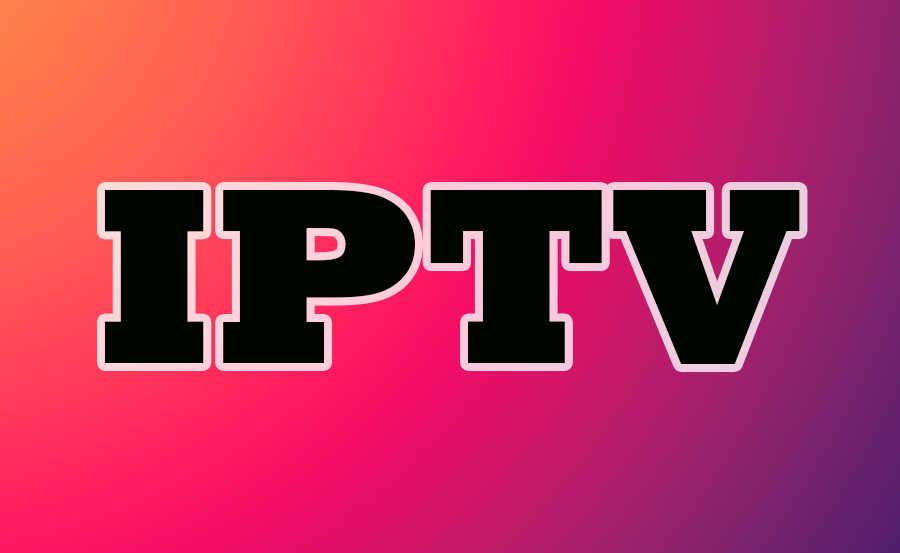IPTV, or Internet Protocol Television, is quickly emerging as the preferred alternative to traditional satellite and cable TV subscriptions, offering viewers a more modern, customizable, and affordable way to access television content. Through IPTV channels are delivered over the internet using the Internet Protocol (IP), as opposed to conventional broadcast methods. This shift is not just about the delivery system—it’s reshaping how we experience TV, bringing a wide range of advantages that cater to the demands of today’s viewers.
Understanding M3U Lists for IPTV Streaming
What Exactly is IPTV?
IPTV delivers television channels and content through the internet, allowing users to stream shows, movies, and live events through their internet connection, without needing satellite dishes or cable installations. This shift offers viewers greater interactivity, flexibility, and control over their entertainment, making it a more convenient and personalized way to watch TV. Whether on a smart TV, smartphone, or computer, IPTV content can be accessed from virtually anywhere with an internet connection.
Major Advantages of IPTV
1. Interactive Experience
One of IPTV’s biggest advantages is its interactive nature. Unlike traditional TV, where viewers must scroll through numerous channels, IPTV lets users search for content by program title, genre, actor, or even live event timing, such as sports matches. This tailored viewing experience ensures that you can quickly find exactly what you want to watch.
In addition, IPTV offers scheduling options, enabling viewers to organize their entertainment around their schedule. With no need for satellite dishes or intricate setups, viewers can watch their favorite shows from any device that connects to the internet. IPTV’s ease of use and convenience significantly enhance the viewing experience.
2. Video on Demand (VOD)
Video on Demand (VOD) is a standout feature of IPTV. Unlike traditional TV that sticks to fixed schedules, VOD gives users the freedom to select programs, movies, or series from an extensive library and watch them at their convenience. VOD services allow viewers to pause, rewind, and fast-forward content, similar to controlling a DVD player.
Whether it’s catching up on missed shows or revisiting favorite scenes, VOD offers the flexibility and control that traditional cable and satellite TV services simply cannot. This on-demand model reflects how modern audiences want to consume content—on their terms.
3. Affordability
IPTV also brings significant cost savings compared to satellite and cable services. By streaming over the internet, users can often bundle IPTV services with their internet and phone plans, reducing the overall cost. Moreover, there’s no need for expensive hardware installations like satellite dishes or additional receivers.
IPTV services offer a vast range of channels without the need for costly add-ons or contracts. With just an internet connection, users gain access to a rich array of content, making IPTV a far more affordable option for households looking to cut back on their entertainment expenses.
Why IPTV is Replacing Traditional TV
As technology advances, more and more viewers are turning to IPTV for its many benefits over traditional TV services:
- Ease of Access: IPTV only requires a reliable internet connection, making it accessible to a broader audience compared to satellite or cable, which may not be available in all locations.
- Customization: IPTV offers a more personalized viewing experience. Users can tailor their entertainment to suit their preferences, allowing them to control what they watch and when they watch it.
- On-Demand Content: VOD services allow viewers to instantly access their favorite shows, movies, or series. There’s no need to wait for scheduled reruns or live broadcasts—everything is available on-demand.
- Greater Variety: IPTV services typically provide a far wider selection of channels than traditional services. Additionally, these channels can be accessed without the hassle of setting up additional hardware like satellite dishes or extra receivers.
- Cost Efficiency: IPTV enables users to consolidate their entertainment services, reducing the need for multiple subscriptions. This bundled approach makes IPTV more affordable, especially when compared to traditional TV packages that require premium subscriptions for added channels.
Conclusion
IPTV is transforming how we consume television, offering unparalleled flexibility, affordability, and access to content. By allowing users to customize their viewing experience and offering on-demand content, IPTV meets the needs of today’s digital viewers far better than traditional cable or satellite TV services.
With IPTV, you can enjoy more channels, have complete control over when and how you watch your favorite programs, and stream content across multiple devices without the need for complex installations or hefty hardware costs. As we move forward, IPTV is clearly paving the way for the future of television, making it an essential upgrade for any household looking to modernize their entertainment options.
Plex: What It Is and How It Works

